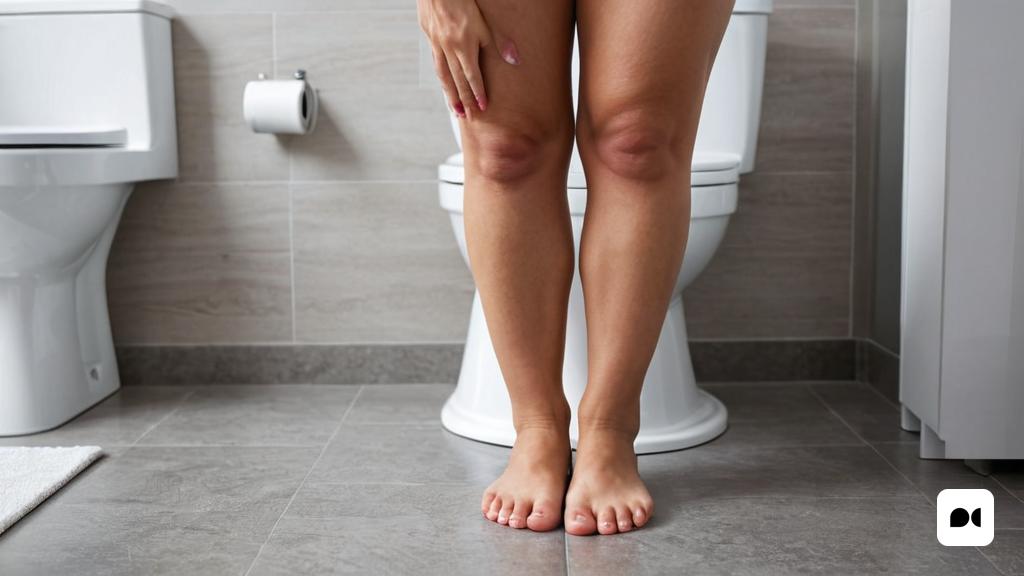Listen to your body and take care of your urinary health
Holding in the urge to pee may seem like a minor inconvenience in daily life, especially when we’re busy or in awkward situations looking for a bathroom. However, this practice can have negative health consequences that go beyond simple discomfort. Here we explore several reasons why it’s important not to hold in urine for extended periods.
Urinary tract problems
The bladder is an elastic organ that expands to store urine until it is full enough to trigger the need to empty it. However, when you hold back urine frequently, you put unnecessary stress on the bladder. This stress can weaken the bladder muscles and cause urinary control problems, leading to a condition known as urinary incontinence. Additionally, prolonged urine retention can increase the risk of urinary tract infections (UTIs).
Infection risks
Urinary tract infections can be painful and, if left untreated, can progress to more serious infections such as pyelonephritis, which affects the kidneys. Symptoms of a UTI include pain or burning when urinating, an urgent need to urinate frequently, pain in the lower abdomen, and cloudy or foul-smelling urine. In severe cases, UTIs can cause fever and side pain, indicating that the infection has spread to the kidneys.
Kidney damage
The main function of the kidneys is to filter waste and excess fluid from the blood to form urine. Holding back urine can put pressure on the kidneys, which over time can cause kidney damage. In extreme cases, chronic urine retention can lead to kidney failure, a serious condition that requires urgent medical treatment.
Impact on general health
Holding in the urge to urinate can also affect your overall health and well-being. The discomfort and pain associated with urinary retention can interfere with concentration and performance at work or school. In addition, it can negatively affect sleep, since the need to urinate frequently can interrupt night’s rest, leading to fatigue and lower quality of life.
Tips for good urinary health
To maintain good urinary health, it is important to listen to your body and respond to bladder signals. Here are some practical tips:
Urinate regularly
Don’t wait until it’s an emergency. Trying to go to the bathroom every 3 to 4 hours is a good practice.
Adequate hydration
Drinking enough water helps dilute urine and allows for efficient waste elimination.
Personal hygiene
Maintaining good hygiene can help prevent urinary tract infections.
Seek medical advice
If you experience symptoms of recurrent urinary tract infections or problems with urinary control, seek medical attention.
In conclusion, holding in your urge to pee may seem like a harmless habit, but it has the potential to cause serious health problems. Listening to your body and responding appropriately is crucial to maintaining urinary tract health and overall well-being.

